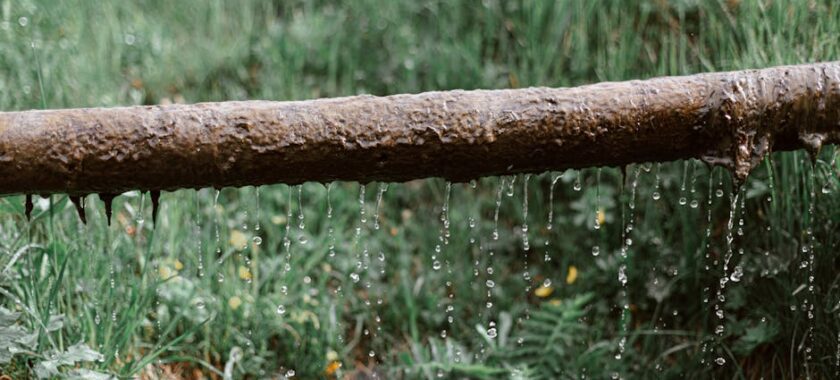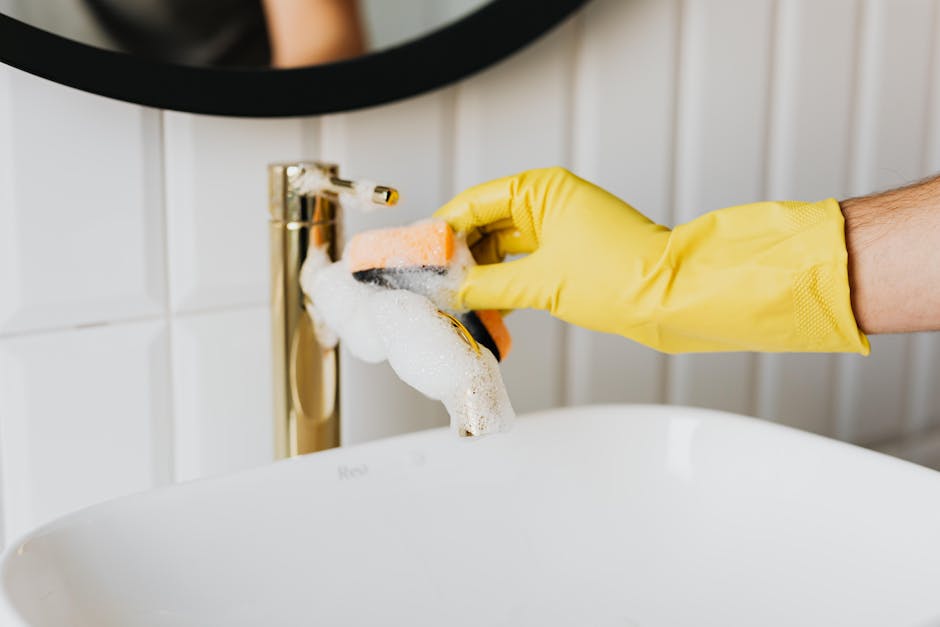We Are Repairing Company In Los Angle
Our experienced team offers services for both residential and commercial properties. With over 25 years of experience in the industry, we boast all of the knowledge and expertise in repairing.
Working Hours : Monday to Sunday (7am - 7pm)

Discovering a leaking water heater can be quite worrisome for property owners in Burke, Virginia. Whether residential or commercial, the fear of impending costly repairs and the potential safety hazards of dealing with such a critical appliance are valid concerns. But before you let anxiety take over, understand that not all water heater leaks spell disaster. Some can indeed be fixed swiftly with the right approach.
Can you repair a leaking water heater? The quick answer is: Yes, in many cases, but it largely depends on the source of the leak and the condition of your water heater. Immediate actions to take include:
– Identifying the source of the leak: Whether it’s from the top, the bottom, or a valve, knowing where the leak originates is crucial.
– Assessing the severity: Not all leaks require professional intervention. Some can be handled with DIY quick fixes.
– Considering the age and the condition of the water heater: This can help you decide whether a repair is sensible or if replacement is the better route.
Taking immediate action is key to minimizing potential damage. This involves turning off the power and water supply to the heater and, if necessary, draining it to prevent further leakage.

Regular maintenance can often prevent leaks from happening in the first place. Stay tuned for tips on preventive maintenance and when it’s time to call in the professionals from Sanz Plumbing.
When you’re faced with a leaking water heater, the decision to repair or replace it is crucial. This choice can impact not just your wallet but also your long-term satisfaction. Let’s explore the key factors to consider, ensuring you make the most informed decision.
Water heaters lose efficiency as they age. If your unit:
– Takes longer to heat water,
– Can’t maintain the temperature,
– Or causes a significant increase in your utility bills,
it may be time to replace it with a more energy-efficient model. Newer models, especially tankless ones, can save on energy costs and provide a continuous supply of hot water.
The cost is a big factor in your decision. Consider these points:
– Minor Repairs: If the issue is small, like a replaceable valve or a minor leak from a fitting, repairing is usually the more economical choice.
– Major Repairs: If the repair costs are more than half the price of a new water heater, especially if the unit is near the end of its expected lifespan, replacement might be better.
If you’re considering replacement, think about switching to a tankless water heater. While the upfront cost is higher, the long-term savings in energy and the convenience of endless hot water can be worth it. Plus, their longer lifespan can make them a more attractive option.
Your decision should balance immediate costs with long-term benefits. If you’re unsure, consulting with a professional from Sanz Plumbing can provide personalized advice based on your specific situation.
In the next section, we’ll dive into a step-by-step repair guide for those who choose the repair route, including how to patch a small hole and replace faulty valves.
Stay tuned for hands-on advice on tackling common water heater issues and when it’s wise to call in the experts from Sanz Plumbing for assistance.
Repairing a leaking water heater can seem daunting at first, but with the right guidance, it’s a task that many homeowners can tackle on their own. Below, we outline the essential steps to address common issues. From patching a small hole to adjusting water pressure and temperature, this guide will help you get your water heater back in shape.
Temporary fixes can buy you some time, but it’s crucial to address the root cause of the leak for a long-term solution. Here’s how to patch a small hole:

A common source of leaks is a faulty valve. Whether it’s the drain valve at the bottom or the temperature & pressure relief valve, replacement is usually straightforward:
High water pressure or temperature settings can cause leaks. Here’s how to adjust them:
By following these steps, you can often fix minor leaks and issues with your water heater. However, water heaters have a finite lifespan. If your unit is old or the repairs seem too complex, it might be time to consider a replacement.

For bigger issues or if you’re unsure about tackling repairs yourself, don’t hesitate to call in the experts. Professional plumbers, like the team at Sanz Plumbing, have the knowledge and tools to diagnose and fix any water heater problem efficiently.
Knowing when to attempt a repair and when to call a professional can save you time and money in the long run. In the next section, we’ll address some frequently asked questions about water heater leaks, including whether a plumber can fix a leak, if a leaking water heater is an emergency, and whether you can still take a shower with a leaking water heater. Stay tuned for expert insights that will help you maintain a safe and functional water heating system in your home.
Absolutely. A licensed plumber is well-equipped to handle most water heater leaks. The key factor is determining where the leak is coming from. If it’s a matter of tightening a joint or replacing a faulty valve, a plumber can usually fix it without much trouble. However, if the tank itself is corroded and leaking, this typically means the water heater needs to be replaced. It’s essential to have a professional assess the situation to make the right call. Plumbers have the expertise to diagnose the problem accurately and recommend the best course of action .
It can be. A small leak might not seem like a big deal at first, but it can quickly escalate into a major issue, causing extensive water damage to your home or even posing a risk of electrical hazards. If you notice a leak, it’s best to address it immediately. Turning off the power and water supply to your water heater can prevent further damage and give you some time to assess the situation. If you’re unsure of the severity of the leak, it’s wise to contact a professional plumber right away. They can help you understand the urgency of the repair needed.
Proceed with caution. If your water heater is leaking, it’s a sign that something isn’t right. While taking a shower might still be possible, consider the risk. If the leak is minor and you’ve already turned off the water supply to the heater (but not the main supply to your home), you might still be able to use your plumbing fixtures in the short term. However, if the leak is severe, using any hot water could exacerbate the problem. Always prioritize safety and, when in doubt, avoid using hot water until a professional has fixed the leak.
Remember, dealing with a leaking water heater promptly and correctly can save you from bigger headaches down the road. If you’re facing any issues with your water heater, reaching out to a trusted professional like Sanz Plumbing can ensure your home remains safe and comfortable.
Dealing with a leaking water heater might seem daunting, but understanding when to roll up your sleeves or when to call in the pros can make a significant difference. Let’s break it down to the essentials: preventive maintenance, recognizing the moment for professional intervention, and why Sanz Plumbing stands out as your go-to service provider.
The key to a long-lasting water heater is regular maintenance. Just like any other home appliance, your water heater needs a check-up to keep running smoothly. This includes:
While some minor issues can be DIY fixes, there are clear signs when it’s time to call in the experts:
At Sanz Plumbing, we understand the intricacies of water heater maintenance and repair. Our team of skilled professionals is equipped to handle everything from routine maintenance checks to emergency repairs. Here’s why Sanz Plumbing should be your first call:
Remember, dealing with a leaking water heater promptly and correctly can save you from bigger headaches down the road. If you’re facing any issues with your water heater, reaching out to a trusted professional like Sanz Plumbing can ensure your home remains safe and comfortable. Whether you’re in need of a quick repair or considering an upgrade to a more efficient model, our team is here to provide expert guidance and quality service.
Don’t let a leaking water heater disrupt your life. Contact Sanz Plumbing today for peace of mind and reliable hot water tomorrow.
Leave a Reply